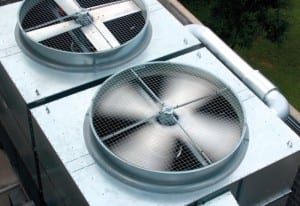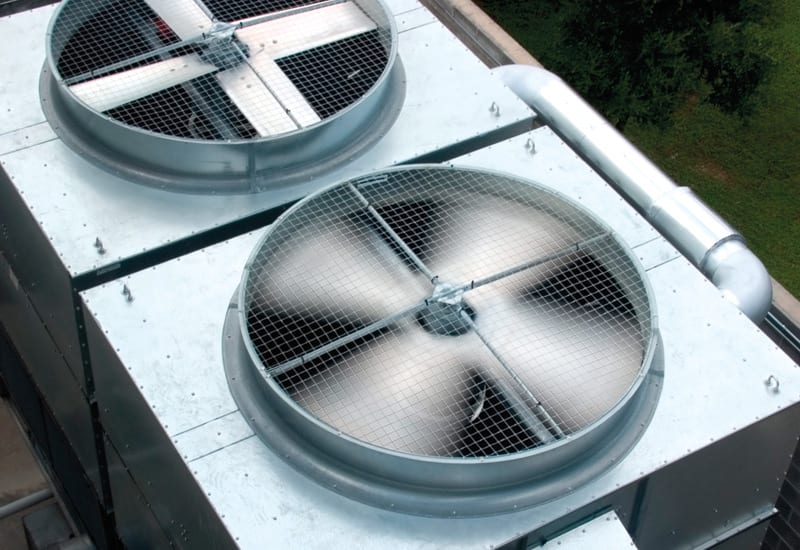With fewer resources to go around and more extreme weather patterns than ever before, the need to find new solutions to heat, cool and ventilate our homes is more apparent than ever. A new report issued by Lux Research, a Boston-based company providing strategic advice and on-going intelligence for emerging technologies, reveals that building HVAC systems consume 13 percent of all primary energy generated worldwide – an alarming statistic that highlights the dire need to develop greener, more energy-efficient HVAC solutions.
HVAC technologies as they exist today face an “uphill battle” in future adoption in new construction. Innovative systems such as advanced heat pumps, absorption chillers, evaporative chiller and condensing boilers seem to be slowly replacing their traditional counterparts – conventional air conditioning, refrigerators and central heating – but not quickly enough.
 And while some builders and homeowners might be inclined to conduct a complete overhaul of their HVAC systems, a step-by-step approach is just as effective if it gets people to start moving toward cutting their energy consumption, a Lux researcher said in a statement.
And while some builders and homeowners might be inclined to conduct a complete overhaul of their HVAC systems, a step-by-step approach is just as effective if it gets people to start moving toward cutting their energy consumption, a Lux researcher said in a statement.
“While some builders and owners will choose to install whole new, cutting-edge HVAC systems, occupants and building managers will favor lower-cost incremental component solutions that improve efficiency of their existing systems,” said Jaideep Raje, a Lux Research senior analyst and a contributing author of the report. “Component technologies demonstrate the quickest return on investment, smoothing their path to adoption.”
The report scores HVAC systems on their technical value and maturity and plots the relative potential of each system on a matrix made up of the following four quadrants: Current Winners, Future Winners, Long-Shot and Faded Incumbents.
A few key themes that stood out in the research: though any implementation is a step in the right direction, the more technologies that can be combined, the more efficient the overall system; combined systems could slash energy consumption by as much as 40 percent; sometimes simpler is better and systems that only use what is needed will fall into the category of Future Winners.


Nice post Sara. Have you heard anything about these solar-powered A/C units? What’s your take? They sound great.